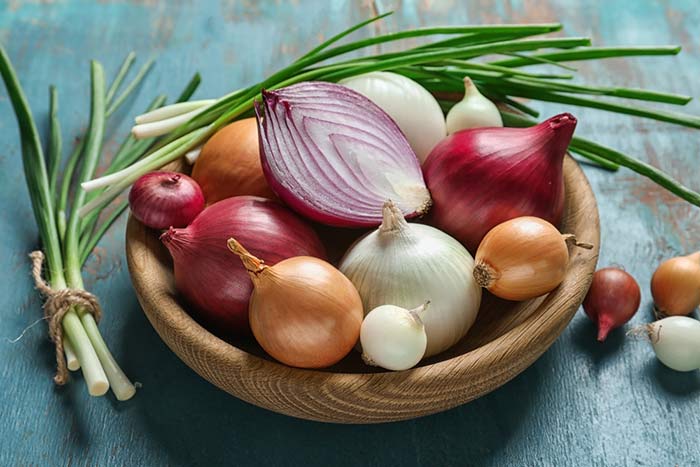Mexico’s agricultural trade balance posted a weaker performance in June compared to the same month last year. According to figures from the Bank of Mexico (Banxico), the surplus stood at 60.6 million dollars, five times lower than the 301.3 million reported in June 2024.
Agricultural exports reached 1.711 billion dollars, representing a 2.2% decline year-over-year and a 12.5% drop compared to May. Imports, meanwhile, totaled 1.651 billion dollars, marking a 14% annual increase. This reflected a recovery after two consecutive years of June declines, but also signaled growing dependence on external products and inputs.
Factors Behind the Contraction
The slowdown was not only linked to tariffs and pest outbreaks. Lower domestic production in several crops, driven by droughts, higher fertilizer costs, and rising transportation expenses, limited the capacity of producing states to respond. Small and medium-sized farmers were particularly affected by tighter profit margins.
At the border, the suspension of cattle exports to the United States left holding pens empty and highlighted a broader challenge: the screw worm plague forced shipments to stop, after generating more than 100 million dollars in a single month just one year earlier.
Products in Decline and Growth
Several key agricultural products recorded sharp declines in June. Fresh strawberries dropped 26.6%, while tomatoes fell 13.7%. Both are considered flagship exports to the U.S. market. Beans, onions, and wheat also saw lower foreign sales.
On the other hand, products such as coffee, honey, cotton, avocados, and bananas added a combined 208 million dollars compared to June 2024. However, these gains were insufficient to offset losses from cattle, beans, and other staple crops.
Trade and Sanitary Context
The outlook was further affected by the imposition of a 25% tariff in the United States on products that fail to comply with the United States-Mexico-Canada Agreement (USMCA). While most Mexican agricultural exports meet the rules of origin, the measure added uncertainty across supply chains.
Tomatoes remained emblematic: subject to U.S. antidumping investigations since 1996, they faced a 17% antidumping tariff in June, weakening suspension agreements that once provided stability to the industry.
Resilience Amid Adversity
Mexico’s Ministry of Agriculture noted that, despite weaker results, the agricultural surplus held thanks to lower domestic demand for primary products and the resilience of exporters, who managed to navigate trade pressures and weaker external demand.
The June performance highlights the vulnerability of Mexico’s agricultural sector to climate conditions, rising costs, and international trade measures. Its outlook for the second half of the year will depend on its ability to balance competitiveness, sanitary standards, and regulatory compliance in a challenging global environment.
Source: Expansión




